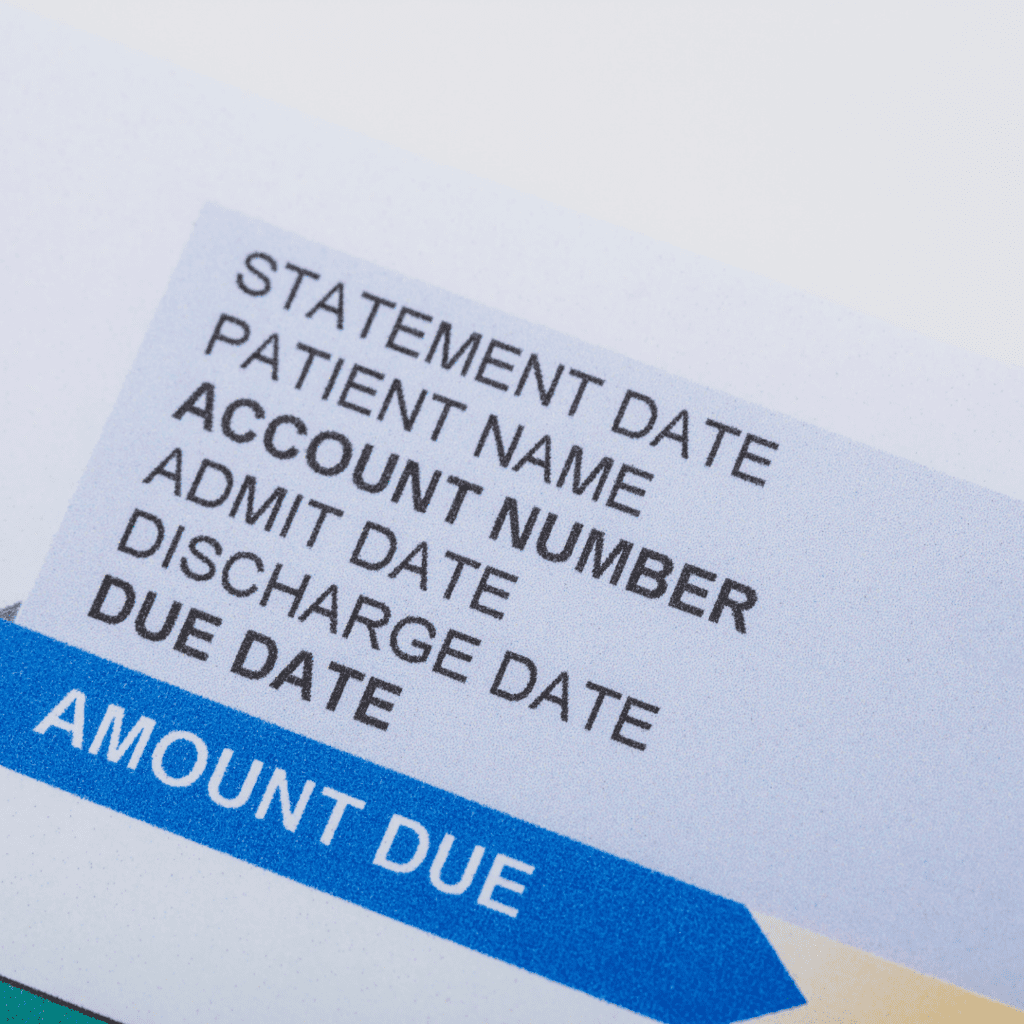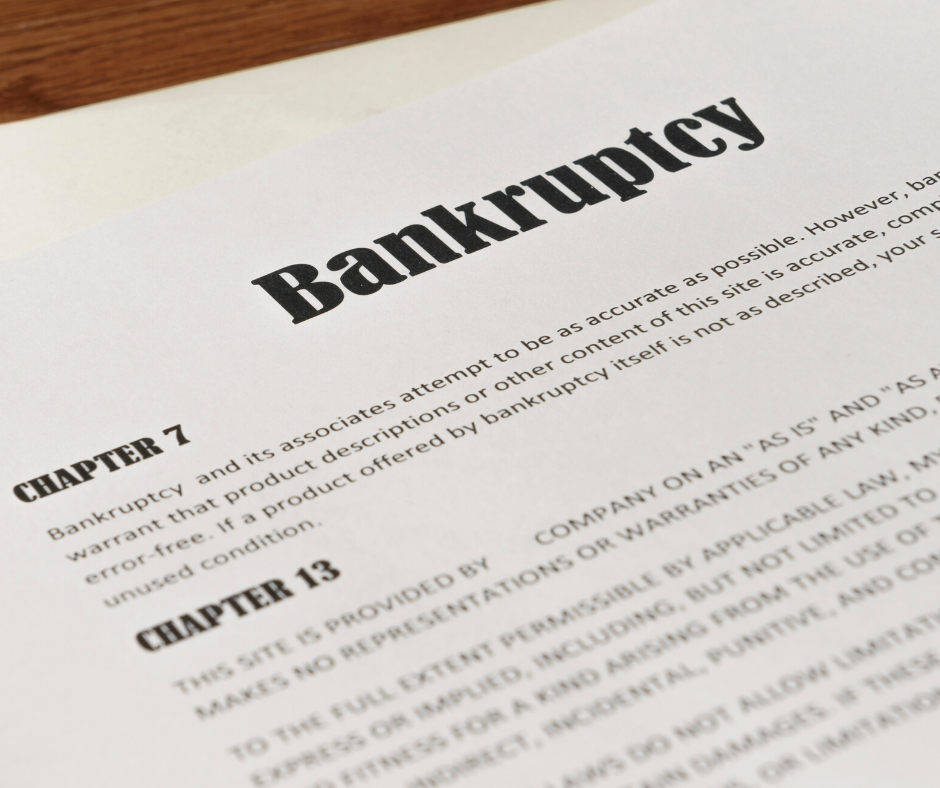The bankruptcy code boasts different bankruptcy chapters. The most common for personal bankruptcy are Chapter 7 and Chapter 13. A debtor who files under Chapter 7 is usually after a quicker bankruptcy discharge. Those who file for bankruptcy under Chapter 13, however, have its distinct benefits in mind. Knowing when to file for Chapter 13 bankruptcy is important.
When Is Chapter 13 the Right Choice?
Each chapter offers bankruptcy protection, but which circumstances are especially benefited by a Chapter 13 bankruptcy petition?
-
You don’t actually qualify for Chapter 7
It’s possible for you do not have enough income to pay your debt but too much monthly income to file for bankruptcy. Bankruptcy eliminates some of your debt so that you can better afford to pay your remaining debts as well as your monthly expenses. If you have leftover disposable income, you’re disqualified from filing bankruptcy under Chapter 7. You may still file bankruptcy under Chapter 13. However, you just need to pay the bankruptcy court your extra income for 36 months.
-
Pay less up front
You usually have to pay attorney fees upfront with a Chapter 7 filing since they count as dischargeable debt. If you file under Chapter 13, you could arrange to pay only a portion of your bankruptcy attorneys’ fees. Then, include the rest of it in your payment plan.
-
Lower monthly payments
Chapter 7 bankruptcy cases are shorter, so debt relief is quicker. However, taking this route may not be the easiest option for you. Frequently, the monthly payments in Chapter 13 cases are smaller because the general payments are also cheaper. For instance, if your car loan debt is higher than what the vehicle is actually worth, you have to pay the full debt amount in Chapter 7. On the other hand, you just pay the value of the car.
-
You want a “super discharge”
Chapter 13 has a long list of dischargeable debts, many of them considered non-dischargeable under Chapter 7. There are different types of debt on this list. For instance, if you’ve incurred government fines and penalties, or if you owe the government certain taxes, filing under Chapter 13 makes them dischargeable.
-
Facing repossession, foreclosure, or wage garnishment
An automatic stay takes effect when you file bankruptcy. This means that during bankruptcy proceedings, your creditors have to stop all debt collection efforts, including any attempt to repossess your vehicle, foreclose on your home, or garnish your wages. This feature is extra beneficial for Chapter 13 bankruptcy filers since the Chapter 13 bankruptcy process could last up to five years. You can put your affairs in order during this time so that you are effectively out of debt by the time your bankruptcy case is discharged.
-
More time to pay your debts
Debtors essentially buy more time to pay their debt when they petition for bankruptcy under Chapter 13. If you could use more time to pay back your car loan or to catch up on late mortgage payments, Chapter 13’s debt reorganization nature is very helpful. Through a debt repayment plan, you can pay your arrears in installments. You send your monthly payments to your bankruptcy trustee, who then distributes them to your creditors. This debt settlement program will achieve your debt relief only if you also stay current with your remaining debts. If your debt payments are not up-to-date after bankruptcy, then you remain in financial distress.
-
Keep your property
Chapter 13 filings are often done with the intention of holding on to a property that may otherwise be given up if bankruptcy is filed under Chapter 7. If you intend to keep your possessions, check out the exemption laws of the state where you’re filing your bankruptcy petition. Exemptions differ from state to state, but Chapter 13 generally allows you to maintain ownership by requiring you to pay the value not covered by exemption. Filers often find the payment plan manageable since its duration could run up to five years.
This just gives you a general idea when to file for bankruptcy to get out of debt. You can get more bankruptcy information from a bankruptcy attorney. If you think bankruptcy is the solution to your financial problems, talk to a lawyer right away. Call Lucid Law today and schedule a free legal consultation with an experienced bankruptcy attorney.



